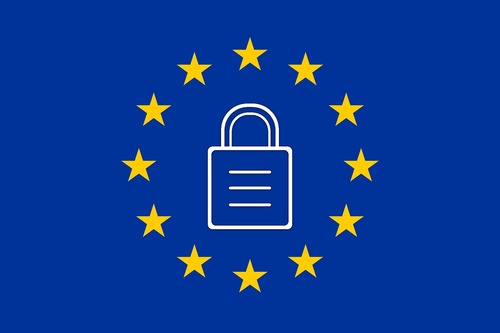Le montant des contributions au FRU, source de tension
Présidé par Elke König, le Conseil de résolution unique a pour mission de mobiliser le Fonds de résolution unique lorsqu’une banque en difficulté doit être restructurée. Avant l’activation du FRU, les actionnaires, les créanciers et les clients les plus fortunés sont appelés à la rescousse. Le FRU permet d’éviter de mobiliser de l’argent public en cas de faillite.
Chaque année, les banques versent à ce Fonds de résolution unique des contributions qui permettent de l’alimenter. Leur montant est souvent à l’origine de tensions entre les établissements bancaires et le Conseil de résolution unique.
Récemment, Elke König a répondu aux protestations des banques au cours d’une conférence de presse, en les invitant à ne pas contester le montant des cotisations, mais à les considérer comme des dépenses courantes devant être prises en compte dans leur modèle économique.
Crise sanitaire et augmentation de l’épargne : vers une hausse des contributions
Le montant des contributions ne devrait pas diminuer, mais augmenter : une fois totalement abondé, ce qui est prévu pour fin 2023, le montant du FRU équivaudra à 1 % des dépôts entrant dans le champ de la réglementation européenne de garantie des dépôts. Ces dépôts dits couverts sont protégés dans la limite de 100 000 euros par établissement bancaire et par client.
Dans un contexte normal, le montant du FRU totalement abondé aurait dû être de 55 milliards d’euros. Mais la pandémie de Covid-19 a poussé les Européens à épargner massivement, entraînant une hausse du montant des dépôts protégés.
Ce ne sont donc pas 55 milliards d’euros qui devraient être réunis par le FRU fin 2023, mais 70 milliards d’euros. Cet afflux d’épargne va par conséquent provoquer une augmentation des contributions des établissements bancaires.
Les banques françaises ont mené différentes actions pour faire baisser le montant de ces cotisations. En juillet 2020, elles ont déposé un recours contre la méthode de calcul du FRU utilisée par le Conseil de résolution unique. En septembre 2020, elles ont obtenu du tribunal de l’Union européenne l’autorisation de continuer à comptabiliser en fonds propres une partie des contributions versées.
Si les banques françaises sont si remontées contre le FRU, c’est qu’elles s’estiment pénalisées par des contributions qui représentaient l’année dernière 32 % de l’ensemble des cotisations versées par les banques européennes à ce fonds.
Pour apaiser les tensions, le Conseil de résolution unique a décidé, au début du mois de mars, de lancer une consultation portant sur les méthodes de calcul auprès des établissements bancaires.
